Every year on 17 May, we mark World Telecommunication and Information Society Day. It is a day in which we recognize and highlight the power of information and communication technologies (ICTs) to empower people and transform lives for the better.
WTISD falls on the anniversary of the founding of ITU on 17 May 1865 when the first International Telegraph Convention was signed in Paris.
For 155 years, ITU has helped to steer the progress of ICTs. Through wars, famines and global pandemics of years past, our members have continued to work together to advance technology to change and improve people’s lives.
And now, more than ever, there is a greater need for robust and reliable information and communication technologies.
As billions of people around the world are adjusting to a new life amid the COVID-19 crisis, digital technologies have been instrumental to keeping economies and societies connected. They are helping school children stay in school through e-learning tools. They are helping people to access critical medical services through telemedicine and other technology-led solutions. They are helping keep food chain infrastructure moving through intelligent shipping networks.
And although networks have felt the strain of COVID-19 – with some companies reporting surges of more than 300 per cent on their network – there has been minimal disruption to the connectivity. This is an incredible achievement.
But as billions of people around the world now rely on ICTs to work, study and keep in touch with loved ones as the crisis continues to spread around the world, bringing these technologies to all is more urgent and important than ever before.
The COVID-19 pandemic has highlighted why we must continue to work hard to close the digital divide. Today, 3.6 billion people remain offline, unable to access online education, employment or critical health and sanitation advice.
Indeed, ICTs are not only on the frontline of the COVID-19 response. From the positive effect of e-commerce on the reduction of poverty to optimizing agricultural practices to combat hunger, closing the gender gap and developing technology-led strategies to combat climate change, technology has the power to change lives.




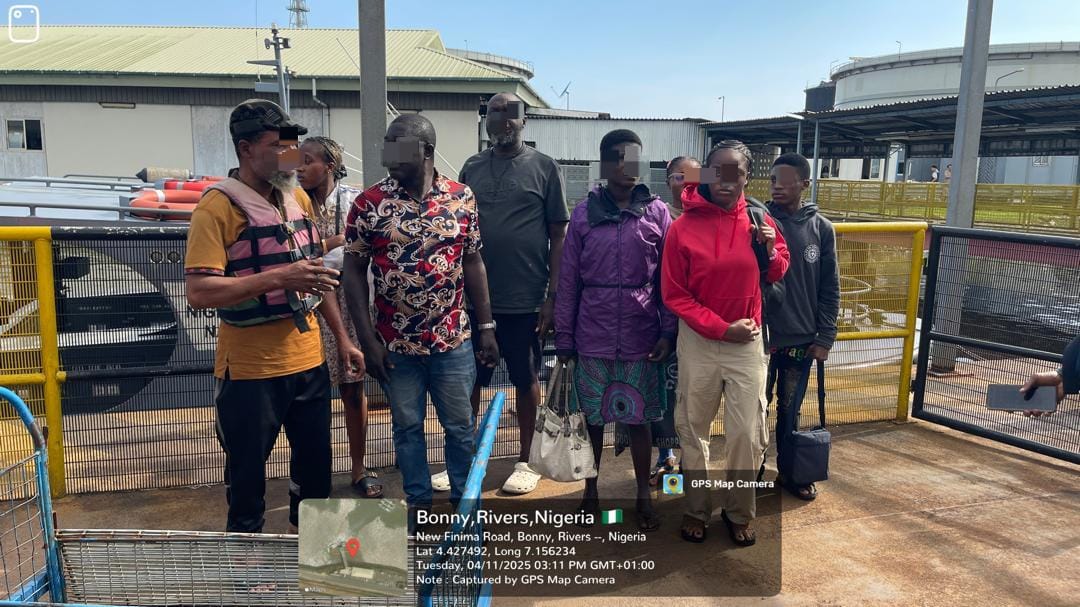

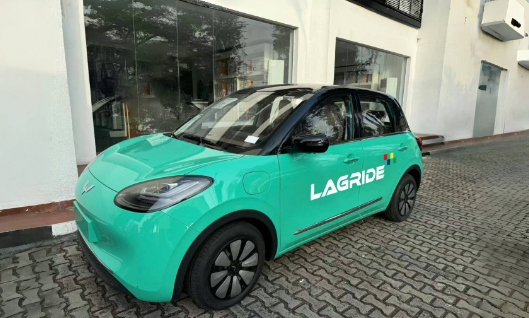













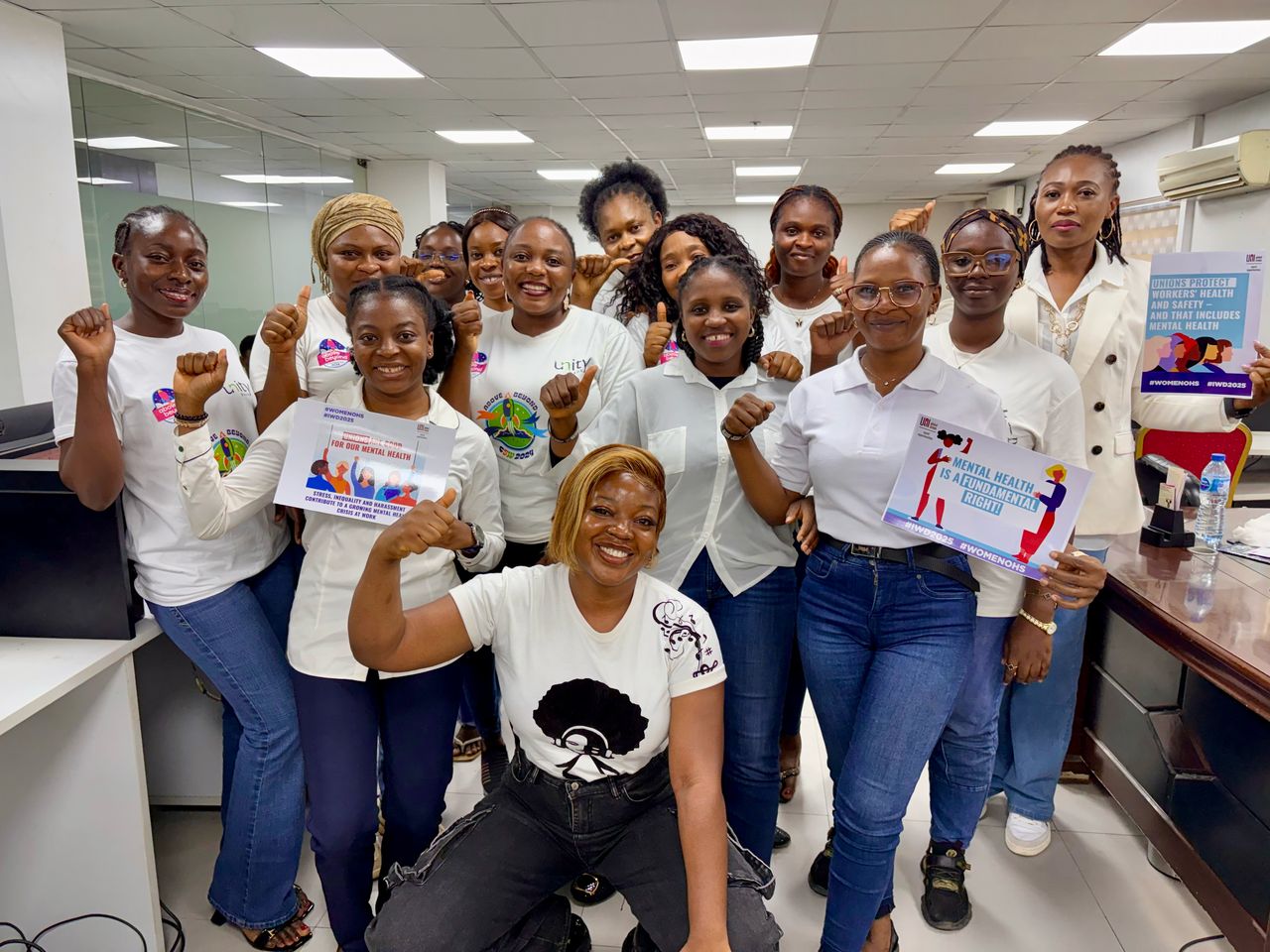




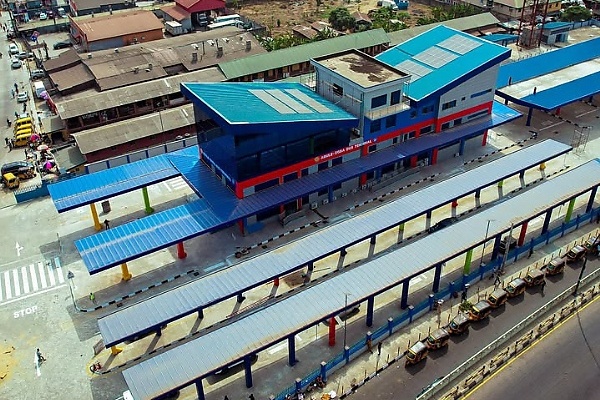










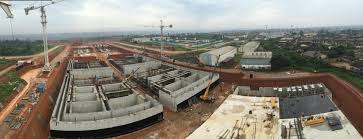


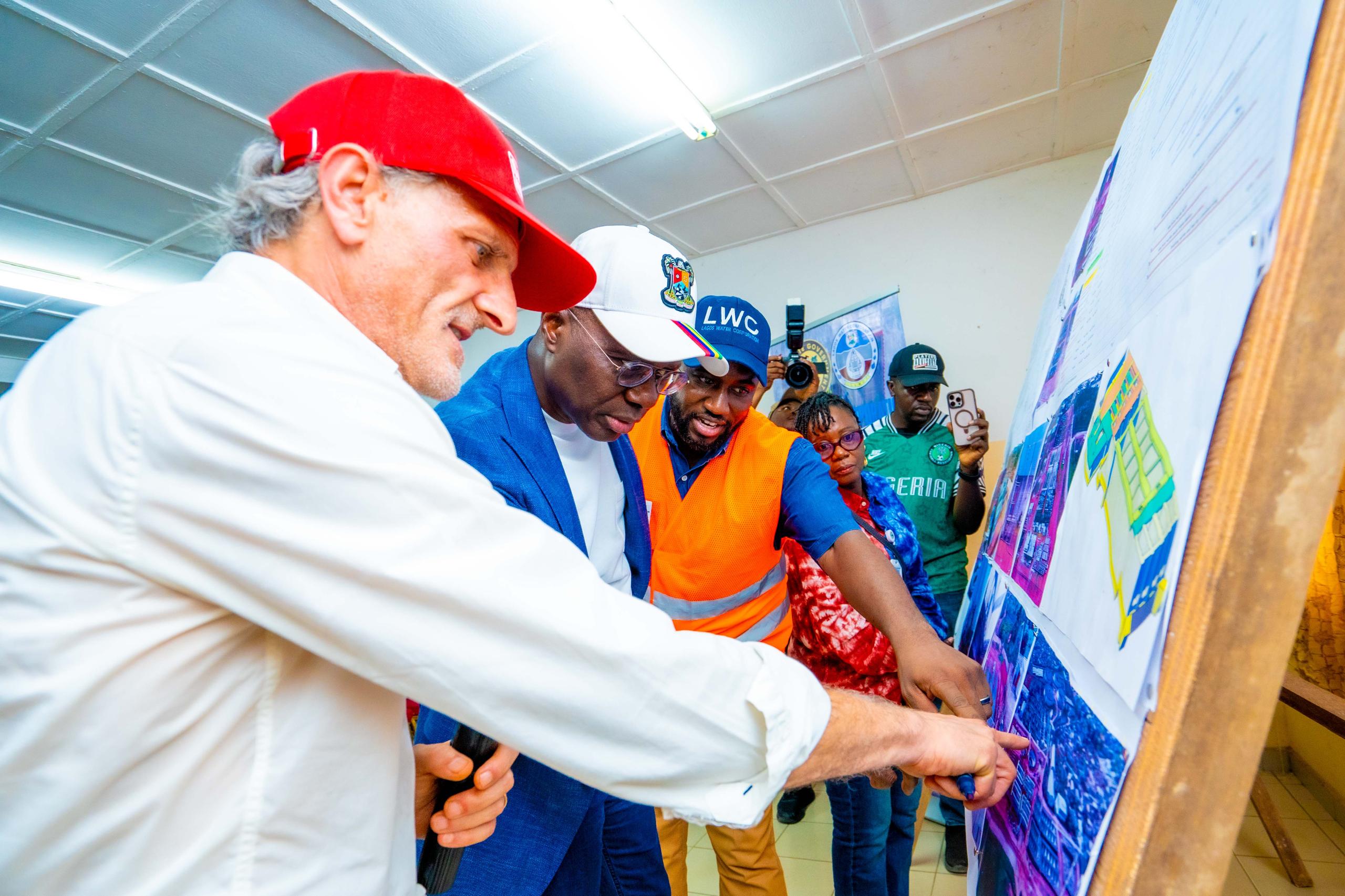
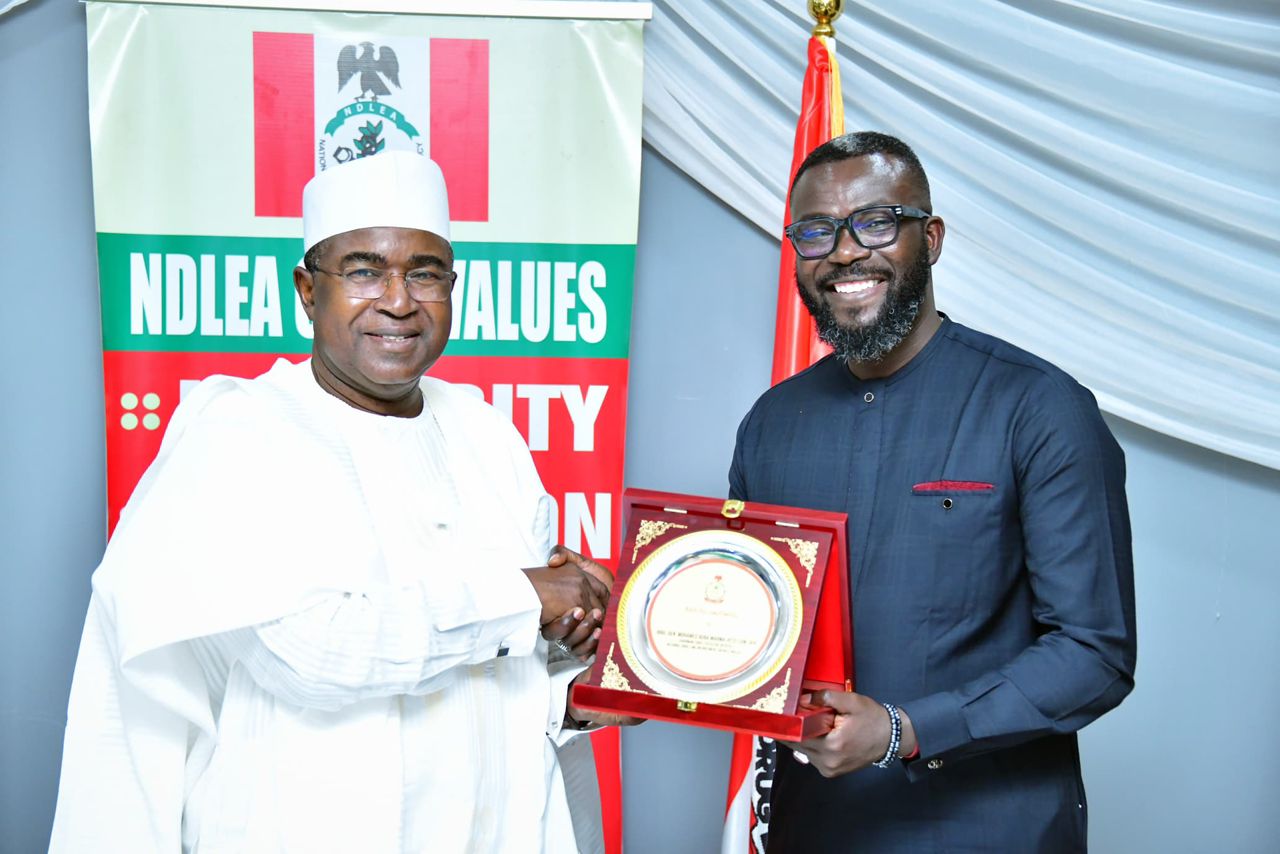


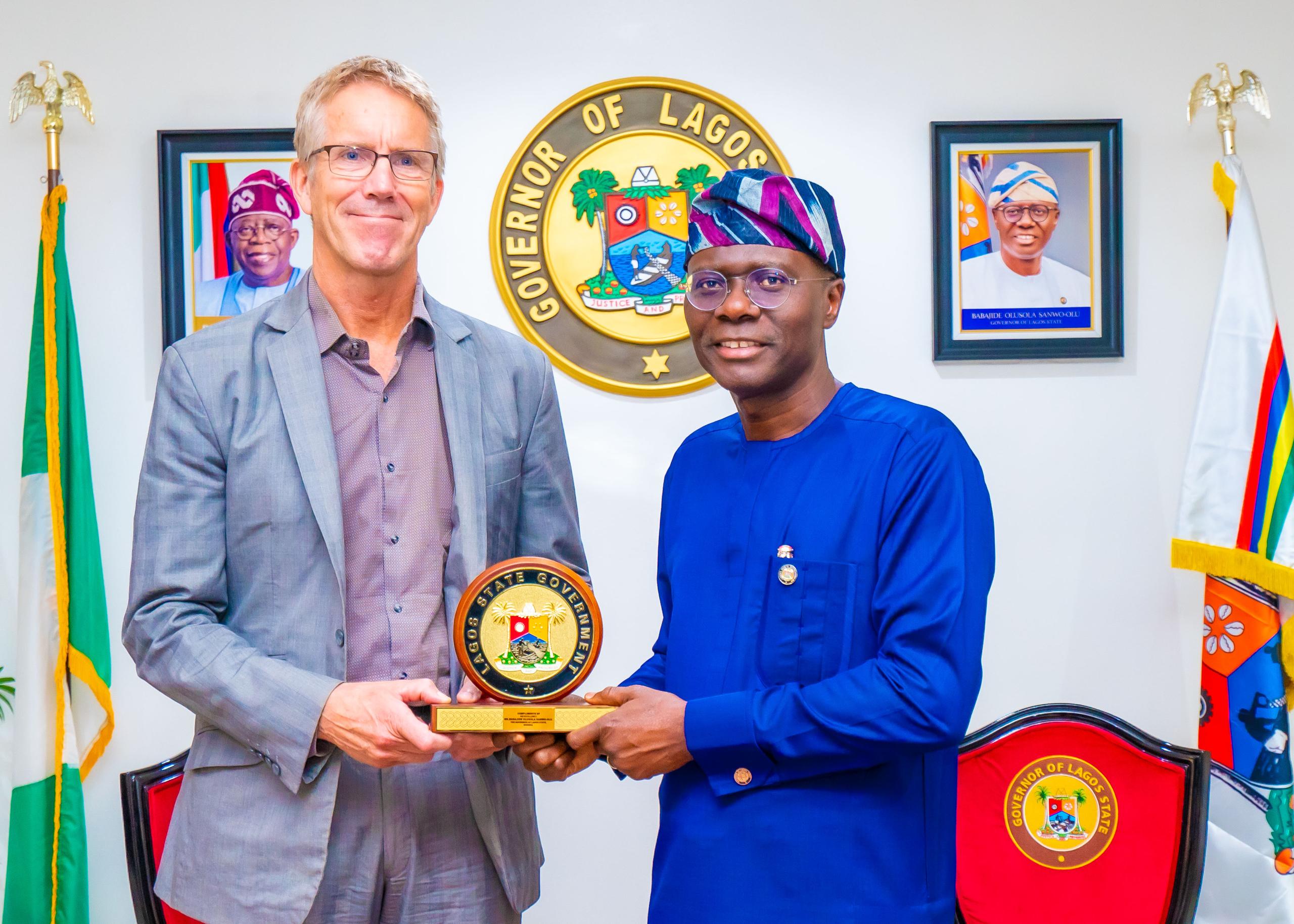






















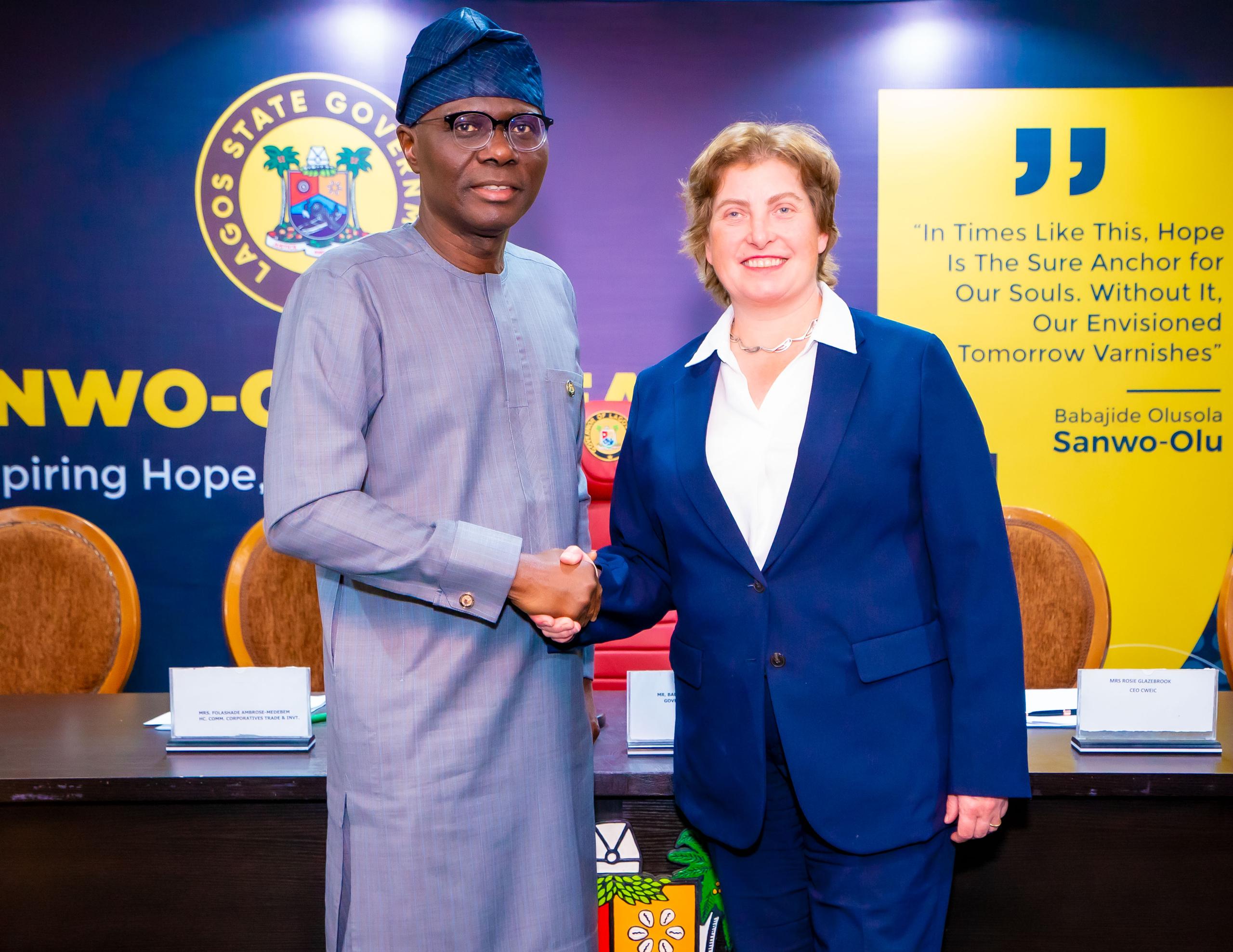

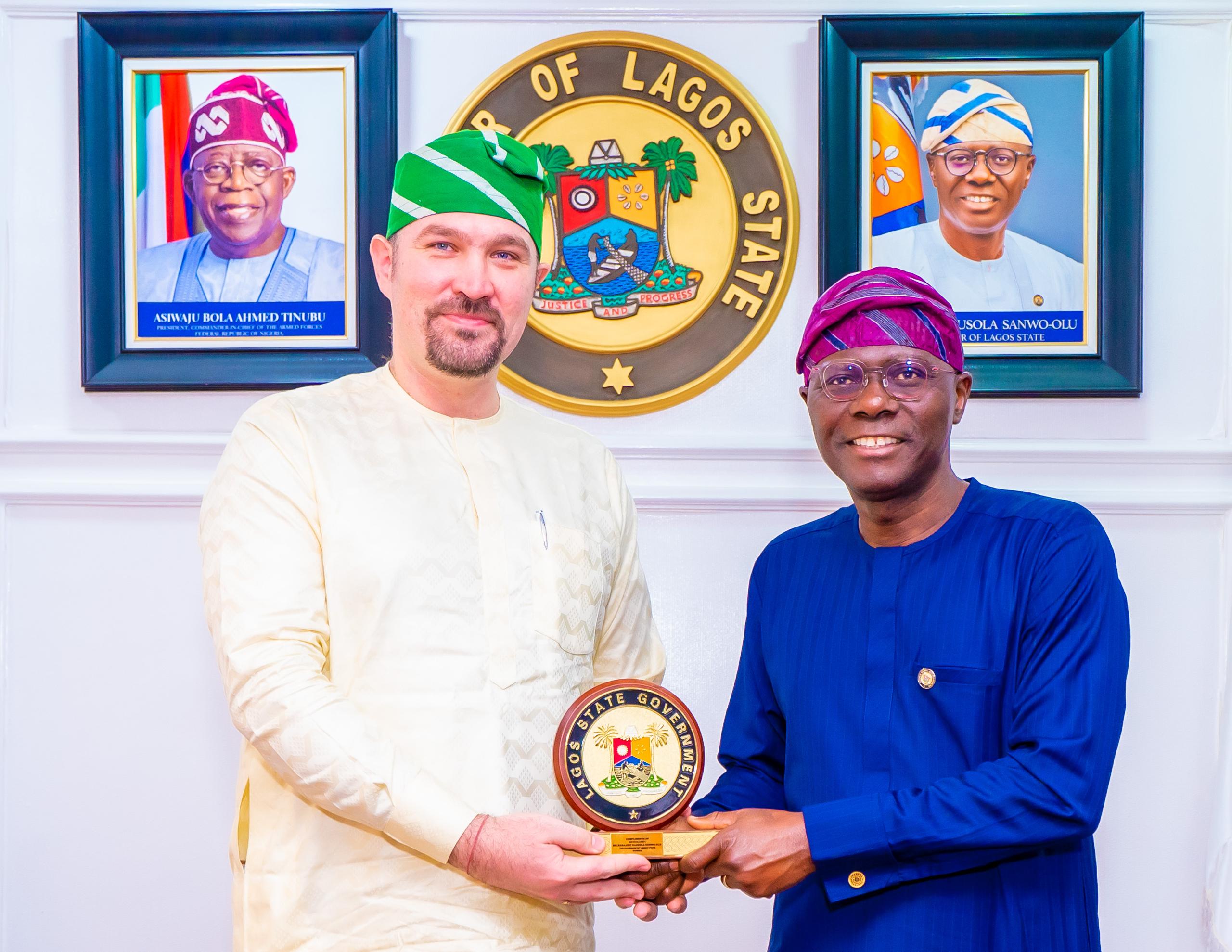


Hi,
I am a senior web developer, highly skilled and with 10+ years of collective web design and development experience, I work in one of the best web development company.
My hourly rate is $8
My expertise includes:
Website design – custom mockups and template designs
Website design and development – theme development, backend customisation
Responsive website – on all screen sizes and devices
Plugins and Extensions Development
Website speed optimisation and SEO on-page optimisation
Website security
Website migration, support and maintenance
If you have a question or requirement to discuss, I would love to help and further discuss it. Please email me at e.solus@gmail.com
Regards,
Sachin
e.solus@gmail.com